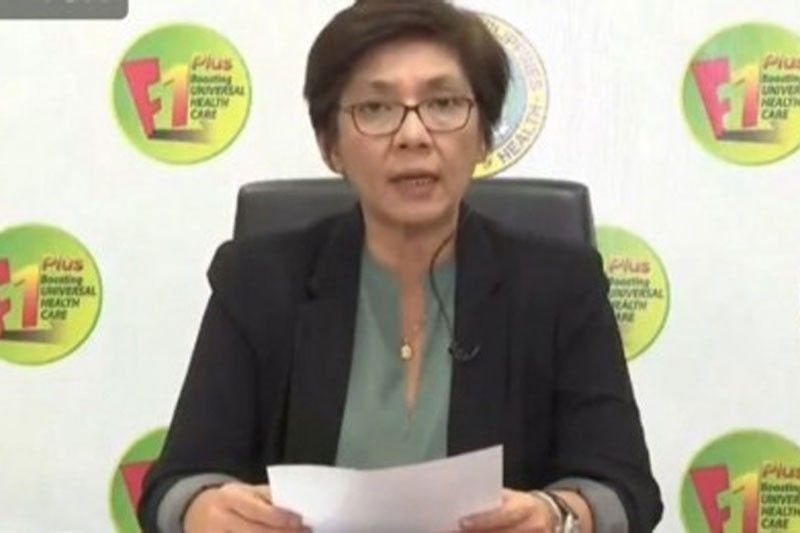Highest single-day recoveries recorded

MANILA, Philippines — Eight hundred seven coronavirus disease 2019 (COVID-19) patients recovered yesterday, the highest number of recoveries in a single day recorded by the Department of Health (DOH).
Based on its daily bulletin for COVID-19 cases, the DOH said the new 807 recoveries increased the number of patients who overcame the virus to 14,037.
Data showed the total number of cases rose to 54,222 yesterday after recording 1,387 new cases.
The death toll increased to 1,372 after 12 new deaths were documented.
The DOH has been expecting a rise in recoveries since last month with the launch of its “Oplan Recovery” program designed to enable authorities to “tag” all patients already free of the virus.
Health Undersecretary Maria Rosario Vergeire said they created the program because many recovered patients had completed home quarantine without being monitored by the Barangay Health Emergency Response Team (BHERT), which failed to report these cases to the DOH.
“Many cases were not being monitored by BHERT so we were not able to tag them as ‘recovered’ or that they have ‘died’ because of the disease,” she pointed out.
Vergeire added this was also the reason why the country turned up with many “active cases” – the net of recoveries and deaths – numbering 38,813 yesterday.
Oplan Recovery team was tasked to look into the circumstances of patients to establish outcomes of their condition, whether they have recovered or succumbed to the virus.
“With this program, we will be able to complete our data and when that happens, you will see a rise in recoveries. Cases will increase as they are being validated every day by the team,” she said.
The DOH is also expecting to see a rise in cases when the “step-down” quarantine period is shortened from 14 to seven days.
This is based on recent findings that on the 11th day of the illness, a patient is no longer infectious. The shortening, however, is still being studied by the DOH and local experts.
Currently, positive individuals who are symptomatic may be admitted in a hospital or in a temporary treatment and monitoring facility for 14-day isolation.
When they are no longer manifesting symptoms, they can be transferred to an isolation facility for a step-down quarantine of 14 days again.
As of Friday, there were 38,324 “active” COVID-19 cases among the 52,914 total cases. Of the total cases, 1,360 have died and 13,230 have recovered from COVID-19.
Vergeire attributed the huge volume of active cases to the long process that it takes for a patient to be issued medical clearance by doctors.
Such medical clearance indicates if a positive patient is no longer manifesting symptoms and has completed the required quarantine procedures.
She also emphasized that rapid antibody test kits cannot be bought in pharmacies or online “as (they) cannot be self-administered.”
“Only facilities with the guidance of a doctor can provide the tests,” Vergeire added.
Meanwhile, Vergeire also warned the public against selling blood plasma to COVID-19 patients, saying it is a violation of the National Blood Services Act of 1994.
She issued the warning in response to reports about the sale of blood plasma to COVID-19 patients in Cebu City.
“There are risks involved if blood is being sold. The law mandates voluntary blood donation to make sure that the blood being transfused to patients is not contaminated with blood-transmissible infections,” she pointed out.
There were reports blood plasma was being sold to some Chinese nationals in Cebu City from patients who already recovered from COVID-19.
The city is now under enhanced community quarantine due to the rising cases of COVID-19.
Currently, various studies are being conducted in the Philippines and other countries on convalescent plasma infusion as experts seek to find a cure for severe and critical patients.
This is anchored on researches that COVID-19 survivors develop antibodies that produce immune response against the virus.
The procedure entails collection of blood from survivors, which is transfused to patients in severe or critical condition.
Vergeire added that under the law, blood collected from donors is screened for blood-borne diseases before being used for transfusion.
Donors of blood for sale are unlikely to declare their true health conditions.
- Latest
- Trending



























